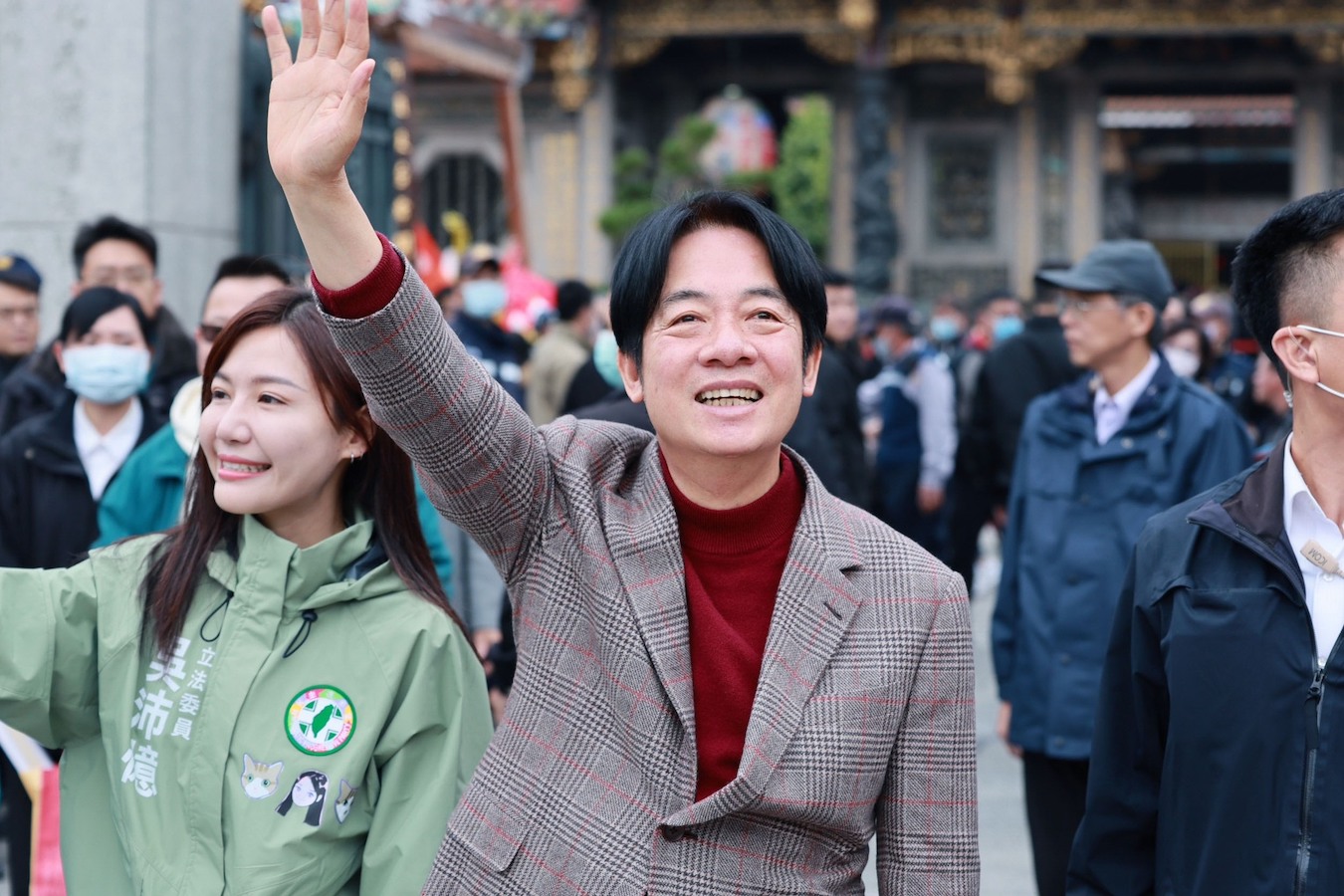by Brian Hioe
語言:
English
Photo Credit: KMT/Facebook
AHEAD OF THE inauguration of Lai Ching-te as the new president, the KMT has continued to call for the revival of the Special Investigation Division (SID) of the Ministry of Justice.
The KMT began to lean into calls for reviving the SID ahead of the January 2024 vote. This was with the suggestion that a revived SID would be put to use arresting members of the Tsai administration if the KMT won.
In particular, the KMT’s campaign leaned into allegations that a number of the Tsai administration’s policy decisions only occurred because of political corruption. This included alleging that the Tsai administration only pushed for the development of Taiwan’s domestically produced vaccine, Medigen, because of political investments in the company–rather than that Taiwan lacked vaccines at the time and it made sense to bank on domestic production. Likewise, it was alleged that development for green energy only occurred because of DPP politicians’ investments in renewable energy companies, rather than that this was to push for meeting environmental goals in Taiwan.
But, to this extent, the SID is best known publicly for investigating the allegations of political corruption that led to the jailing of former president Chen Shui-bian. As Chen was the first DPP president and his arrest dealt a major blow in political legitimacy to the DPP, the KMT may have hoped to repeat this with the Tsai administration.
The SID was also known for investigating collusion between then-DPP minority whip Ker Chien-ming and then-KMT majority speaker Wang Jinpyng. This investigation sparked the “September Political Crisis,” one of the major precipitating events that led to the 2014 Sunflower Movement. Namely, at the time, then-president Ma Ying-jeou was seen as overstepping the bounds of executive power in investigating political opponents such as Wang and leaders of rival parties such as the DPP. Ma and his “Mainlander” faction of the KMT viewed Wang with suspicion, since at the time, Wang was seen as the leader of comparatively pro-localization forces in the KMT.
It may not be surprising, then, that the DPP has criticized the KMT for seeking to revive the SID, which was dissolved when Tsai Ing-wen took office. The DPP caucus has criticized the proposal as aimed at targeting political dissidence, given that this was how the SID was used in the past. To this extent, the DPP has suggested that the KMT intends to override the normal functioning of government using its current narrow minority over the DPP in the legislature to politically target government officials.
 Lai Ching-te (center). Photo credit: Lai Ching-te/Facebook
Lai Ching-te (center). Photo credit: Lai Ching-te/Facebook
The KMT currently plans to change the Act Governing the Legislative Yuan’s Power to reinstate the SID. In defense of itself, the KMT has claimed that as pan-Blue politicians were also investigated by the SID in the past, the DPP is only arguing against its reinstatement because of its political corruption.
The TPP currently does not have a stance in favor of the SID, which the KMT would require for the proposal to pass. That being said, during past incidents when the DPP and KMT could not successfully negotiate with the TPP over an issue, the KMT was successful in its winning through its slim majority over the DPP. This can be seen in how the KMT was successful in electing Han Kuo-yu as president of the legislature.
Likewise, the KMT has sought to yoke the issue of the SID to popular support for the death penalty, suggesting that the SID would also have a role to play in capital punishment. This seems more to be a political claim than anything, seeing as the SID does not play a role in enforcement of the death penalty, but this continues the means by which the KMT has sought to leverage on popular support of capital punishment and use it as a cudgel against the DPP,
Still, the KMT may be banking on too much if it hopes that reinstating the SID will lead to law enforcement that occurs under its auspices, by somehow ensuring that the SID is directed by legislative authority rather than executive authority. After all, the KMT named one of its politicians well-known for corruption, Fu Kun-chi, to the position of convenor for its legislative caucus. This took place after Fu threw his hat into the race for president of the Legislative Yuan and had to be negotiated into withdrawing. Indeed, last year, Fu was accused of vote-buying by younger members of the KMT in the KMT central committee elections. Even if the KMT hopes to target the DPP in this manner, the KMT is unlikely to get what it wants in consideration of the composition of its current legislative slate.

